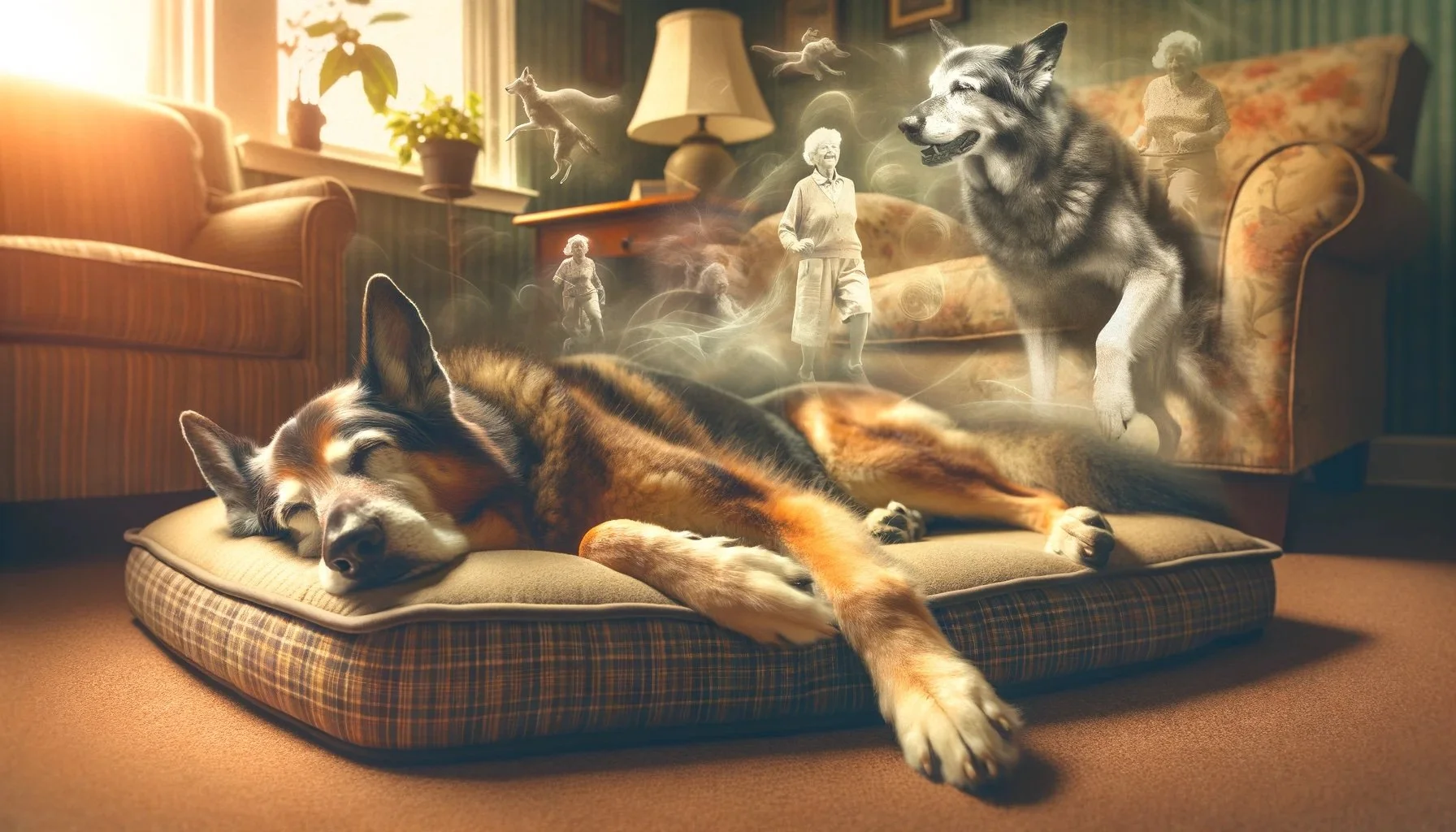As a cynologist, I can’t emphasize enough how vital sleep is for dogs, playing a role as crucial to their well-being as it does for humans. Sleep serves as a cornerstone for a dog’s physical health, emotional stability, and cognitive functioning. Yet, in my experience, many pet owners often overlook the importance of quality sleep for their canine companions, unknowingly fostering environments that disrupt their dog’s rest. Just as we need adequate sleep to process daily experiences and maintain balance, so do our dogs. However, unlike humans, dogs don’t typically experience extended, uninterrupted periods of sleep; instead, they rely on frequent, shorter cycles of rest throughout the day and night to stay in equilibrium. When this delicate balance is disrupted, a host of behavioral issues can arise, from mild irritability to severe anxiety.
Often, when I see behavioral issues in dogs, they’re attributed to things like a lack of exercise, insufficient training, or stress in the environment. What goes unnoticed, however, is how frequently sleep deprivation is an underlying factor. A dog that appears hyperactive, reactive, or even destructive may, in fact, be sleep-deprived and simply unable to regulate its emotions and impulses. This connection between sleep and behavior becomes especially crucial with high-energy breeds and working dogs, who need significant time to mentally and physically recover. When these dogs don’t get enough rest, their overstimulated minds and bodies fail to reset, leading to impulsive and problematic behaviors that only escalate over time.
The impact of sleep deprivation doesn’t just stop at behavior—it can take a serious toll on a dog’s overall health. Chronic lack of sleep affects memory, weakens the immune system, and often leads to emotional instability, making dogs more vulnerable to fear-based reactions and even aggression. In sleep, dogs consolidate memories and process learning; when they don’t get enough rest, their ability to retain training and recall commands is compromised. Over time, these effects compound, creating a vicious cycle in which sleep-deprived dogs become increasingly difficult to manage, frustrating owners who are unaware of the root cause.
In this article, I’ll take you through the profound role that sleep plays in a dog’s life and its direct connection to behavioral health. I will explain the biological, neurological, and psychological dimensions of canine sleep to offer a comprehensive understanding of how lack of rest can drive behavioral issues. Additionally, I’ll share practical strategies for promoting better sleep hygiene in dogs, helping you recognize signs of sleep deprivation and foster environments where restful sleep is possible.





